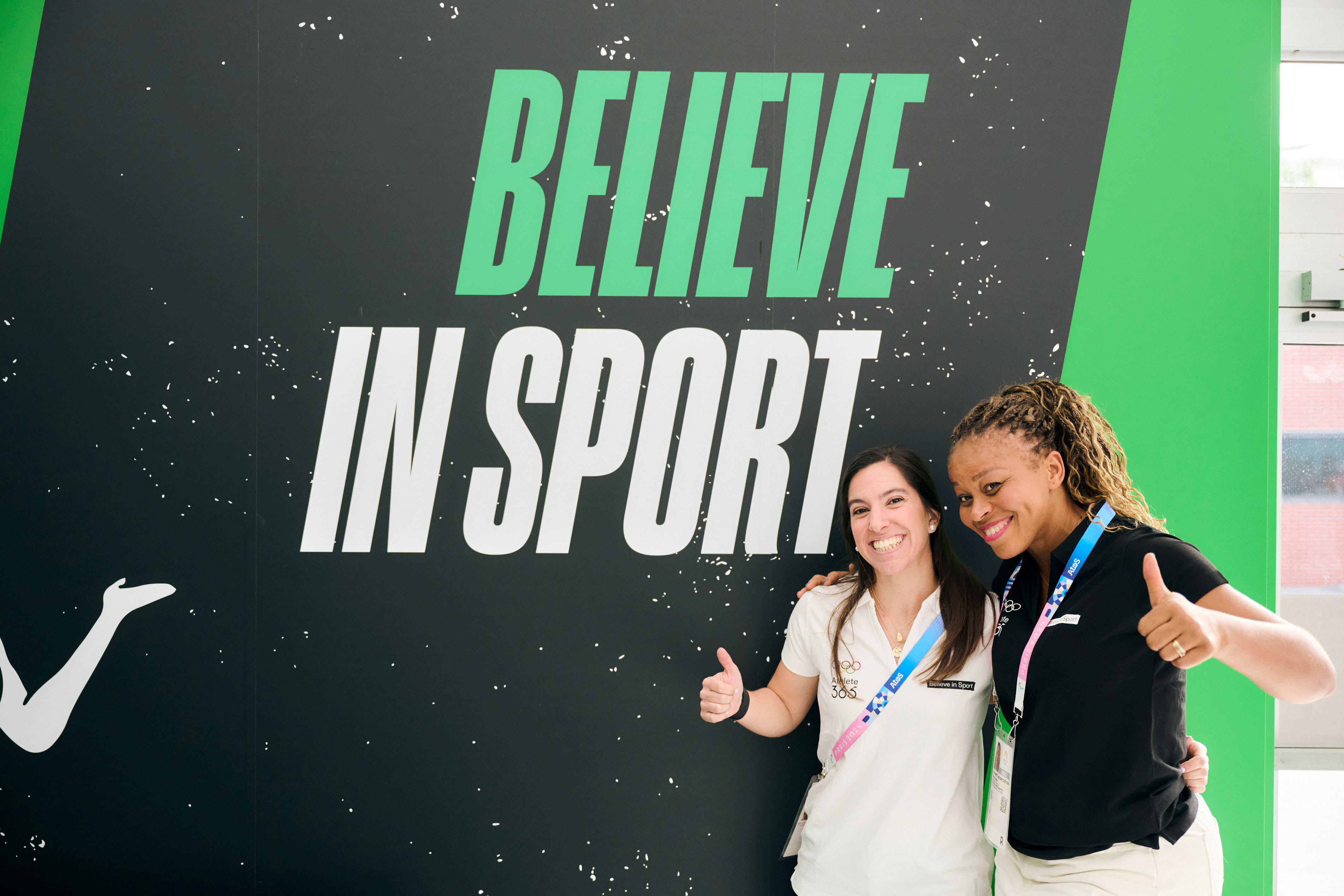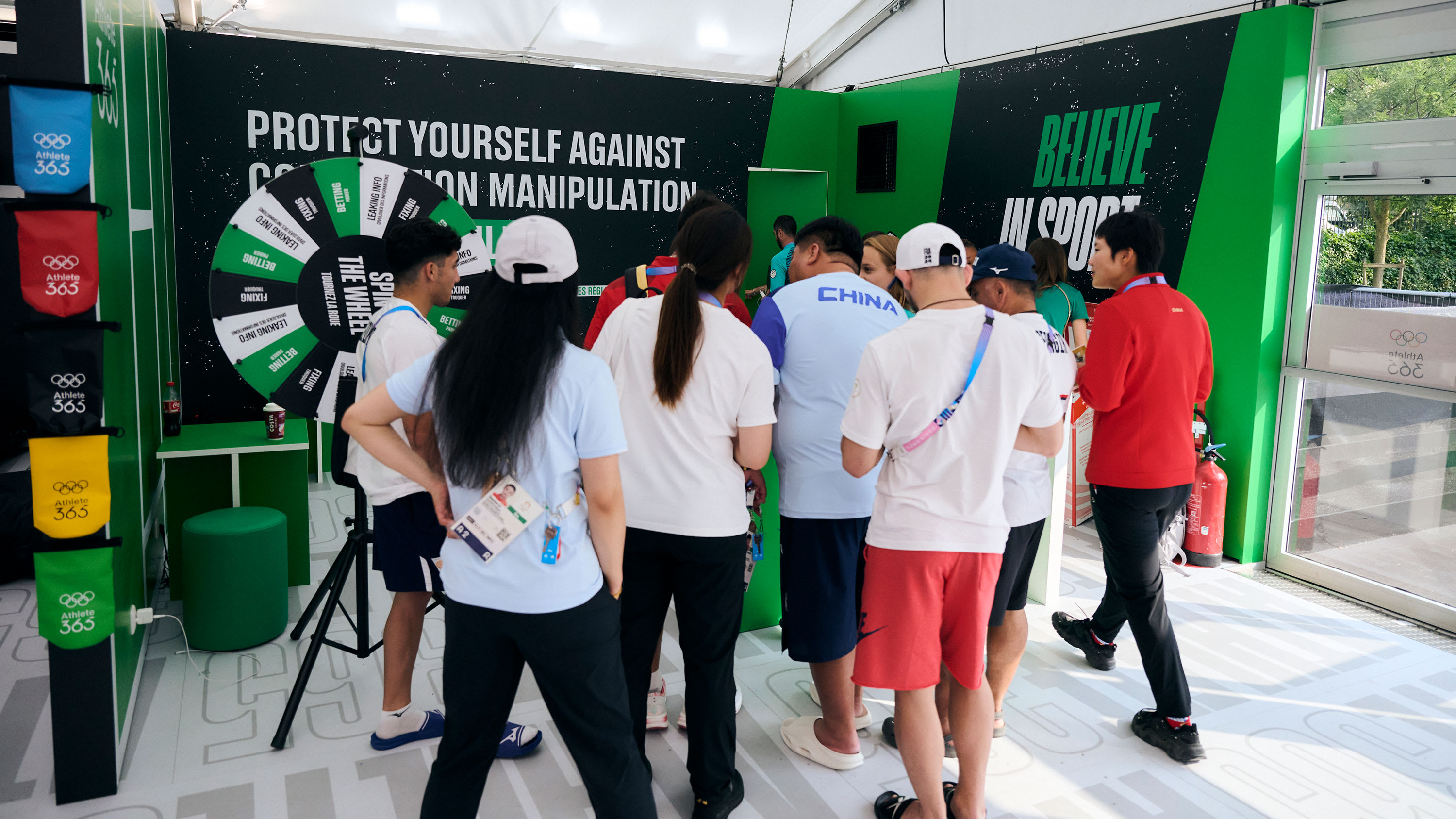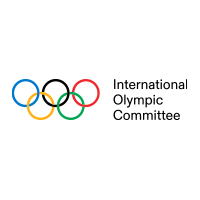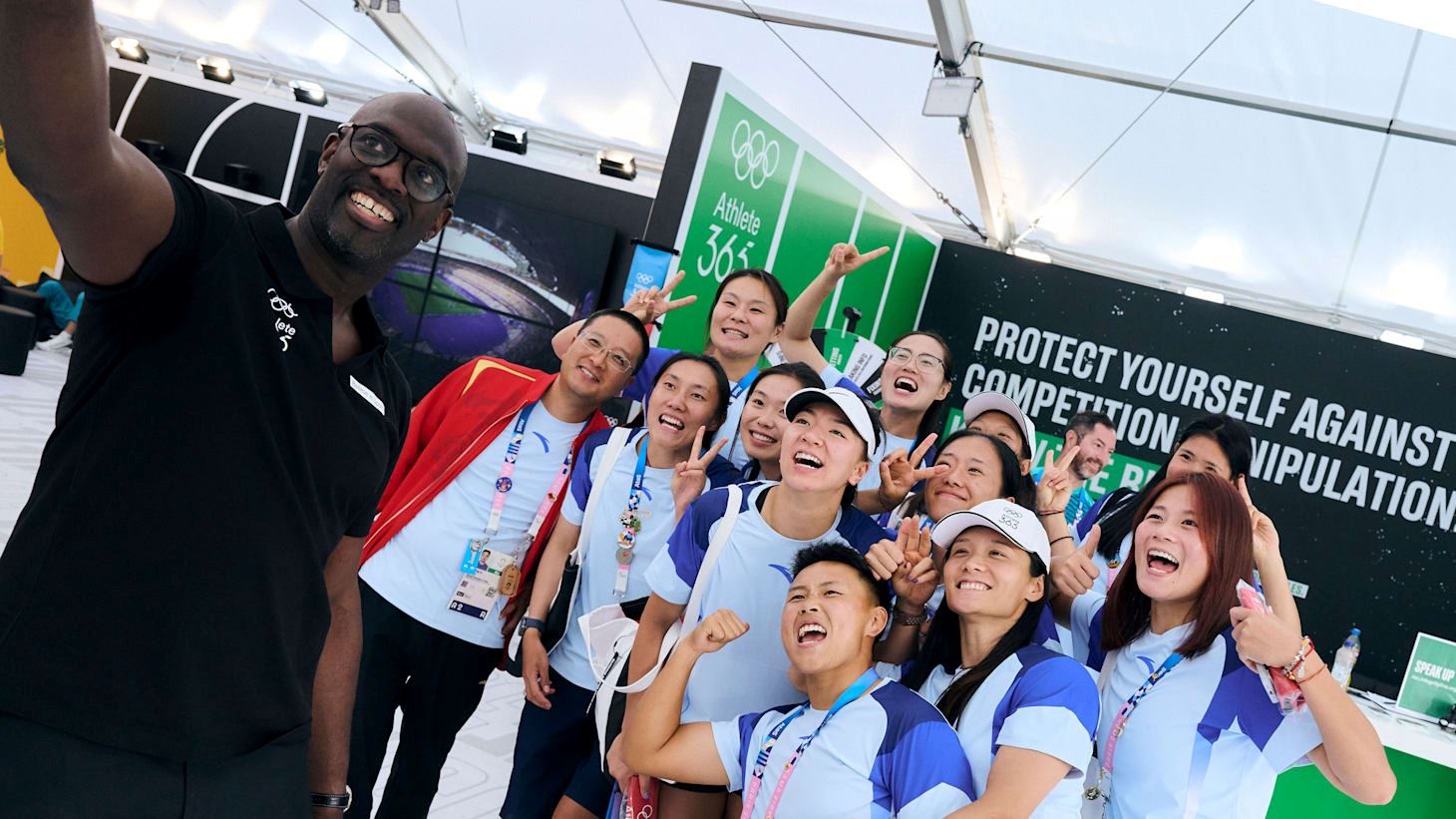04 August 2024 - A number of activities are being run by the International Olympic Committee (IOC) for competing athletes and their entourage members during the Olympic Games Paris 2024 to raise awareness about the threat of competition manipulation.
This effort is being coordinated by the Olympic Movement Unit on the Prevention of the Manipulation of Competitions (OM Unit PMC), with the help of athlete ambassadors who engaged with athletes at the “Believe in Sport” booth located at Athlete365 House, in the Olympic Village in Paris, from its opening on 18 July until 29 July.
Athletes are more accessible now than ever and, with increasing activities like online betting, it is most important for them to be aware of the threats.

Louise Bawden - Believe in Sport ambassador, who competed for Australia at three Olympic Games in volleyball and beach volleyball
Eager to help protect the uniqueness of the Games, she highlighted: “The Olympics are such a special time, and the memories they build will last a lifetime. It’s important we can preserve the beauty of the Games by safeguarding the athletes and the sports.”
“In addition to the various activities that we run throughout the year, the Olympic Games Paris 2024 provide an excellent opportunity to raise awareness among Olympians through fun and interactive activities,” explained Friedrich Martens, Head of the OM Unit PMC. “I would especially like to thank our extremely helpful and motivated Believe in Sport ambassadors, who ran our booth in an inspirational way. It is exciting to see Olympic athletes showing interest in this topic and looking forward to learning more about the relevant risks and rules.”

Engaging athletes in real-life scenarios
The booth features fun and engaging activities, such as a spinning wheel that directs participants to various real-life scenarios – imagine being asked to fix a game, share inside information or place bets. The scenarios are tailored to the specific challenges that athletes may face, whether it's in a team or individual sport. Athletes and their entourages are also encouraged to report any suspicions of competition manipulation through the IOC Integrity Hotline. All reported incidents are treated confidentially.
The importance of reporting
Believe in Sport ambassador Consuelo de las Heras, a Chilean hockey player who is also on the ground in Paris, explained: “I feel that the most important message of the campaign is about speaking up. Maybe athletes will know what they have to say no to, but it stays there. They're not aware that saying no is not enough; they should also speak up.”
Fellow ambassador Nchimunya Mweetwa from Zambia, a former professional football player, is also excited to be involved. “I’m having lots of fun interacting with everyone here at the Olympics – it’s a dream come true to see the efforts of preventing competition manipulation getting to this level,” he said.
It’s evident that a lot of education has been done. Well done to everyone involved!

Nchimunya Mweetwa - Believe in Sport ambassador, Zambia, former professional football player
The cause of preventing competition manipulation is close to Mweetwa’s heart. When he played football internationally, his dream move to Europe turned into a nightmare when his performance attracted the attention of match-fixers, leading to his arrest and global ban from football. This career- and life-changing incident prompted him to prevent other sporting talents from getting trapped.
Meaningful peer-to-peer communication
For Nina Kanto, an Olympian and former member of the French handball team, it feels particularly rewarding to support these educational activities on home soil. “I am really proud to be part of this important initiative for the athletes,” she said. “We have a very good connection to them. They are really interested in our activities and are keen to learn more about the impact of competition manipulation. Our material is adapted to the mood of the Olympic Games. I hope this is only the beginning of a longer involvement and that I will have the opportunity to work with the IOC again. It has been a unique and very meaningful experience.”

Believe in Sport campaign aims for global reach
The ambassadors’ engagement forms part of the IOC’s more comprehensive “Believe in Sport” campaign, which kicked off before the Games and has involved cross-channel communication and educational measures across all key stakeholder groups. For instance, all athletes participating at Paris 2024 have been encouraged to follow a dedicated online course. Throughout the last few months, the IOC, via the OM Unit PMC, has also conducted a number of webinars with National Olympic Committees (NOCs) and International Federations (IFs) so they can brief their delegations about the threat of competition manipulation, how to prevent it, and the relevant rules.
Capacity-building activities
The OM Unit PMC is also coordinating a series of workshops for NOCs on specific matters within the wider theme of the prevention of competition manipulation.
The Games-time sessions for NOCs focus on different topics, such as working with public authorities or federations and leagues, intelligence and investigations, best practices on awareness-raising, sports betting and sponsorship matters. Held in different languages to increase the reach, they are expected to involve more than 80 NOCs.

“The capacity-building activities that we run daily, primarily for National Olympic Committees, in Paris are well attended,” added Martens. “These activities give us the chance to share best practices and further strengthen the global network of NOC single points of contact on the prevention of competition manipulation.”
The first session was organised on 30 July and included representatives from INTERPOL, the Council of Europe and national platforms (such as the French betting regulatory authority). This session helped the NOCs understand their role in the fight against competition manipulation (adoption of the rules, development of awareness-raising and intelligence activities) and notably how to liaise and cooperate with national and law enforcement authorities should a competition manipulation case arise in their country.

